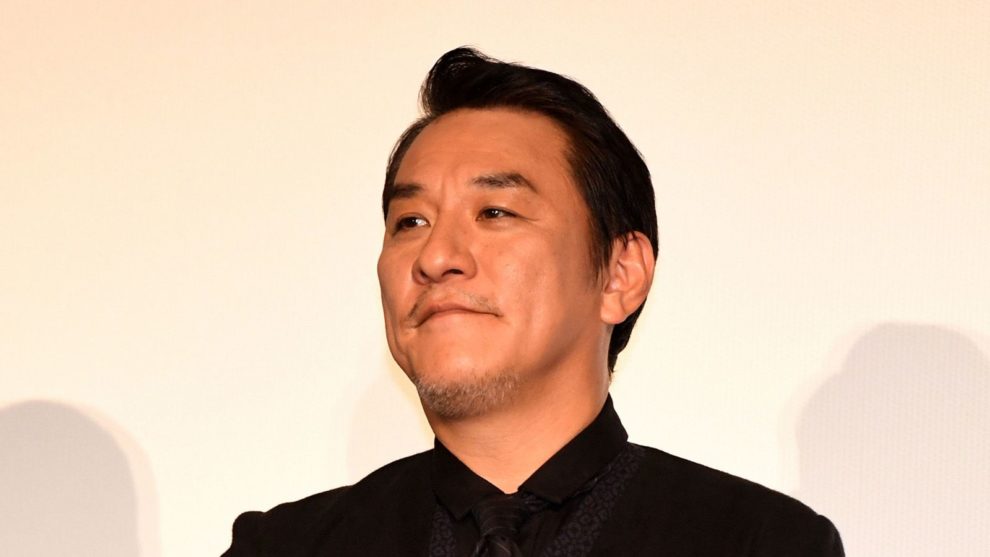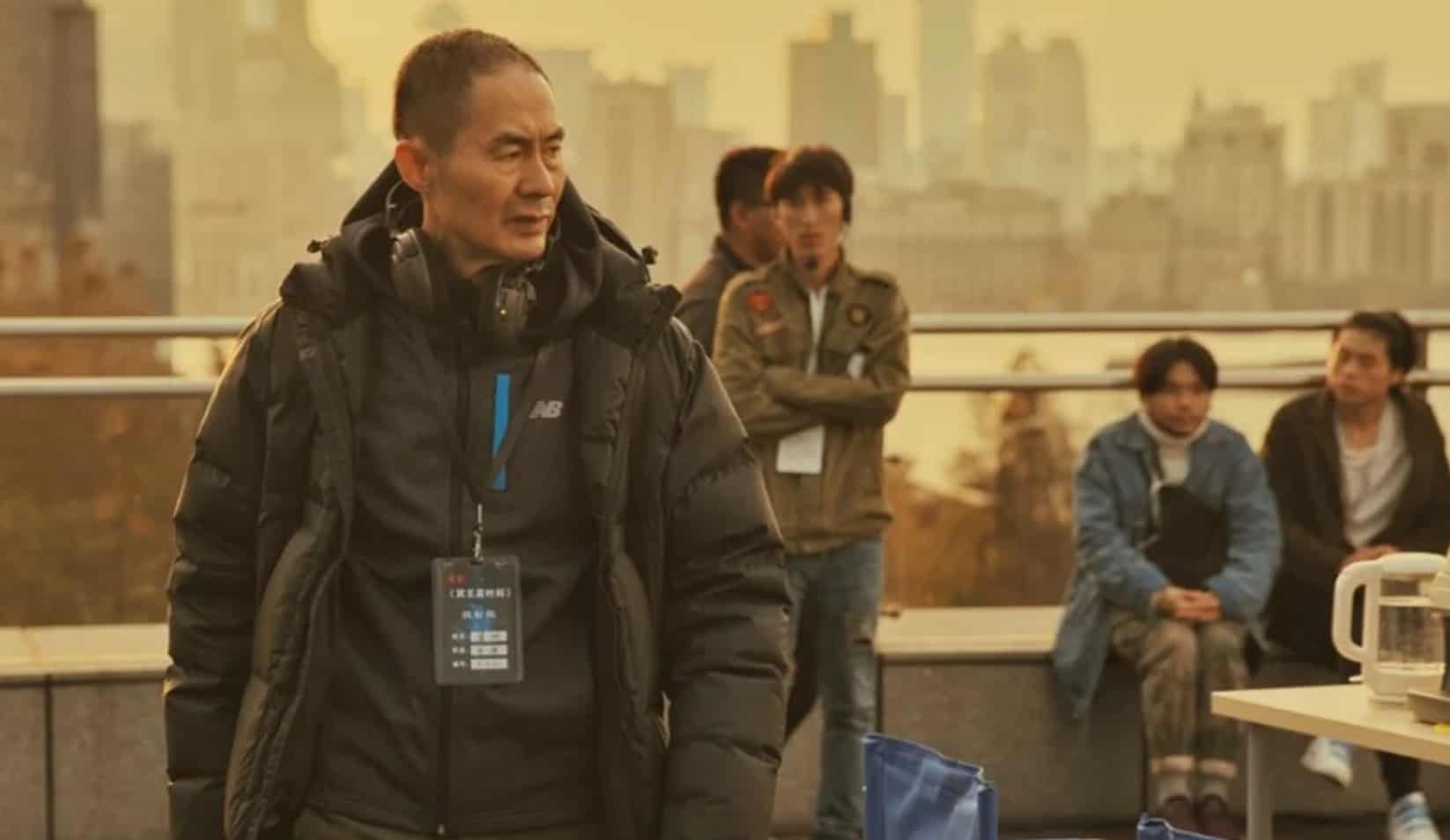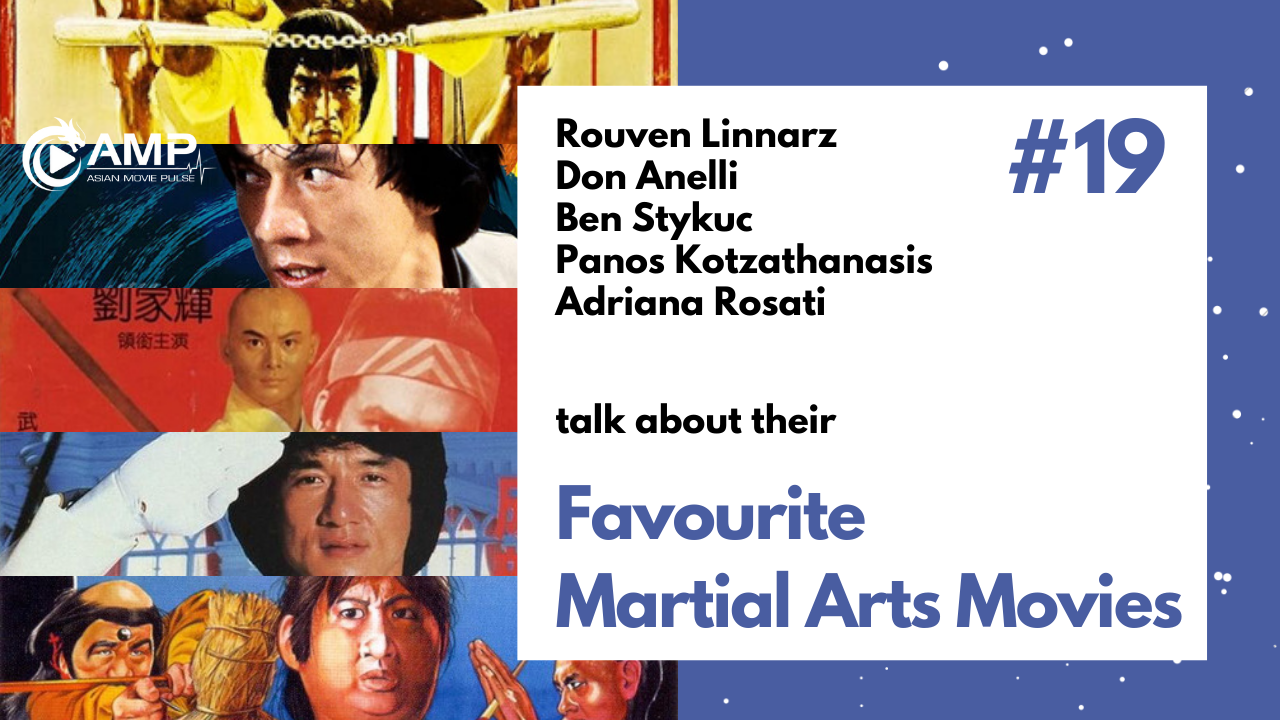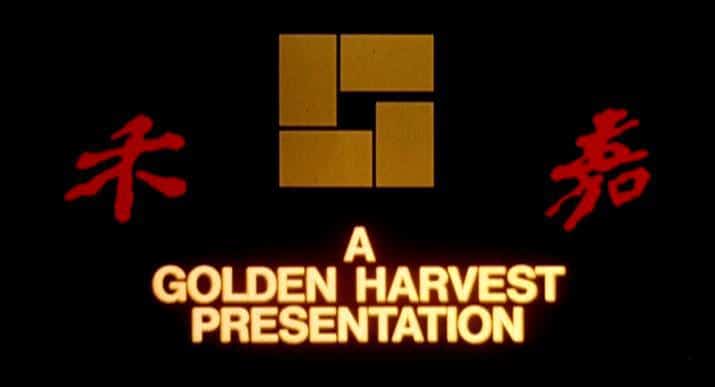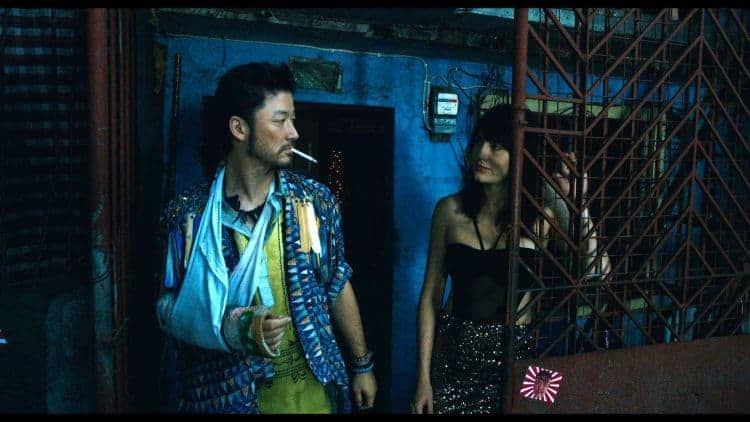Masanori Taki better known by his stage name Pierre Taki, is a veteran actor with 70 credits to his name, including cooperations with Takashi Miike, Hirokazu Koreeda, Kazuya Shiraishi and Takeshi Kitano. He is also
the front man for Japanese synthpop group Denki Groove, which consists of himself and Takkyu Ishino while he frequently deals in voice acting, both for animated films and Video games.
We speak with him about his career, Netflix and the change brought due to the streaming services, his many collaborations and various roles, Denki Groove and many other topics.
translation by Bryan Button-Lewis
You have been in the industry since the 90s. What are the most significant changes you have witnessed during this time? Would you say that acting has become easier or harder?
I would say one outstanding change is the arrival of Netflix and on-demand streaming. In the past, a movie would be previewed and shown in theaters and then possibly aired on TV. These new outlets have have not only given our works significant new exposure but have also created new funding models for original or independent productions and creative freedom. In the past, there were sensor committees that had the power to restrict or even make changes to the content upon review. Now it's filmed and edited exactly the way the production wants and then bang! It goes directly to the viewer. As far as acting getting harder, it's hard for me to say because I never actually set out to be a actor in the first place…
Most of your roles in cinema are secondary, not protagonist ones. Why do you feel that is? Can you give us some details about the way casting works in the Japanese film industry? How much choice do actors have in the movies they play in?
I think I get these roles because they are specifically what the director or the casting wants. The general process is my agent receiving an offer and then me having the freedom to pursue or turn it down. I think one element that's unique to Japanese casting may be the industry reliance on celebrity value. Often, the main actor can be the dividing factor of the success of the film. I'm not that person. Come to think of it, I don't think I have ever been through an audition process… oh, I did for the voice part of “Frozen”… but I ended up getting fired from that role… lol
What are the criteria you consider in order to accept a part?
It basically boils down to a fun factor. Do I feel like this will be a fun production, a fun challenge, fun experience? Because I don't come from an orthodox thespian background, I never really know if I'm right or capable of fulfilling the part… but hey, if it's gonna be fun, I'll give it a go.
Are there any roles in your career that stand out for you? Is there any role you would like to have played in your career and you did not?
The answer to both is a mix of the same role, Sudo for Kyoaku (The Devil's Path). I wasn't sure if I should take the role or not, largely because the film is based on a true story. I play the twisted yakuza who kills people for insurance scams and does countless other evil deeds. My dilemma was that although the names where changed, this criminal actually exists and is currently serving on death row. How will the surviving victims families feel about this?
But I did it, and I have to admit it was incredibly fun. Completely immersed in a role only feasible in movie world. Fun, fun. I also received many Best Supporting Actor awards for this role, which was very rewarding.

Are there any actors you have worked with that made a big impression on you?
Jun Kunimura has an incredible aura; the first time we met was at a script reading rehearsal, when it came his turn to read, not only could I feel the intense passion, I could also completely visualize the scene. I was blown away. Also I would say Koji Yakusho. Like I said before, I don't really have much formal acting experience, but during the filming of both Rorerai (Lorelei, The Witch of the Pacific Ocena) and Koro no chi (The Blood of Wolves), he displayed this amazing ability to bring out the best in me and discover new things about myself. These have been truly great experiences.
You have cooperated with some of the biggest names in the industry. What can you tell us about working with Kazuya Shiraishi and Takeshi Kitano?
Working with Kazuya Shiraishi was an instrumental experience and game changer for my career. Until “Kyoraku”, I mainly played and was casted as the “nice guy” or funny character. But he saw a different vision of me portraying a darker villain persona. He has known about me and has respected my carrier for a very long time and consequently was able to wake sleeping talent inside me.
Working with Takeshi Kitano, being casted in one of his films is a very great honor. His style is also very unique because unless something very obviously goes wrong, he generally only does one take per scene. As an actor, you tend to want to do a few passes until everything feels right but with Takeshi, you only get one shot. I think he knows and has a very clear picture of exactly what he wants in his head so it almost feels like a battle with his mind. Once the film is rolling ,he very rarely directly directs, so again, it's very easy to second guess yourself and your performance. One perk of working with him is that the shoots are quick and fast… one shot… done!
Can you give us some details about working on Shin Godzilla?
One thing I can say about Hideaki Anno is that he is very particular about his scene sequences and continuity. His passion and vast experience with special effects works results in overwhelming and meticulous detail for both actors and the sets. Everything must be perfect and precise… I did at least 30 takes for a scene where I make a radio command… but still ended up overdubbing the line in post production.
How was the experience of playing in a Netflix-produced drama, “The Naked Director”. Were there any differences with your work for Japanese TV?
I think it boils down to a sense of freedom. Japan traditionally has many taboos and restrictions. TV productions involve sponsors. Theater productions have sensor boards. Of course, there is some merit to these elements but I think this can also interfere and/or spoil the creator's pure vision. Netflix generally allows productions to be pure in nature and their creative vision. I think this is very important, because Netflix is a global platform and by eliminating territorial restrictions, it evens the playing field for all.
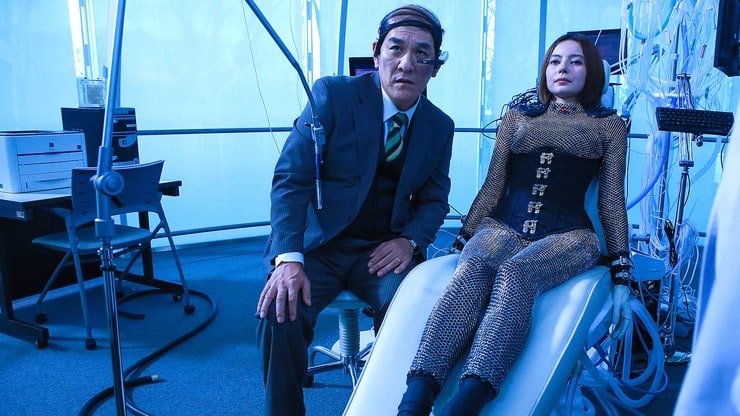
Can you give us some details about your work in “Romance Doll? What did you think of having to play the boss of a company that manufactures sex dolls? How was your cooperation with Yuki Tanada?
Japan has a huge and extensive sex industry that most of the world knows little about. I liked the angle of exposing this culture. And best of all, I love that it was created and directed by a female. I must say I enjoyed learning about and experiencing a part of this massive sex industry… it was interesting to say the least.
Are you working on any new projects? Will you continue as both an actor and your career with Denki Groove?
lol… I was starting to think you weren't going to mention my musical career at all! I have answered many questions today but it's important for you to know that my main identity lays with Denki Groove and always will. Of course I have a few exciting film projects in the works and look forward to doing more. The last year has been a time of rebuilding for Denki Groove. We now have brand new infrastructure and are turning a new page. We were set to headline the main-stage at this years Fuji Rock Festival but it was unfortunately canceled due to Corona … but don't worry, we have big plans… or maybe we don't… you never know with Denki Groove but all I can say is “Watch out!”.


